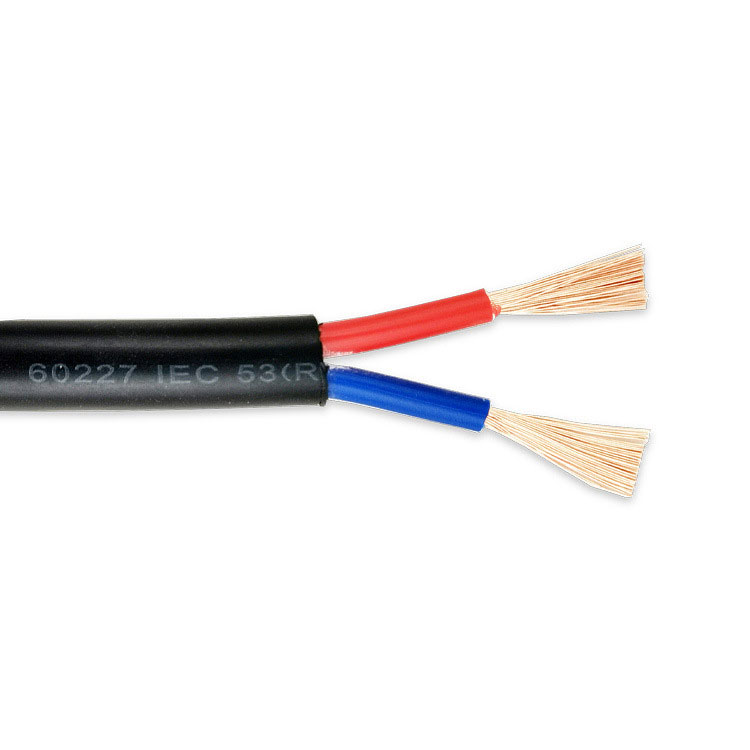Exploring the Common Materials Used in Manufacturing Wholesale Wire and Cable Products
2024-06-07
In the vast world of wire and cable products, the choice of materials plays a crucial role in determining the performance, durability, and cost-effectiveness of the final product. When it comes to wholesale wire and cable manufacturing, several common materials are used to meet the diverse needs of various industries and applications. Let's explore some of these materials and their unique properties.
1. Copper: Copper is one of the most commonly used materials in wire and cable manufacturing. It is an excellent conductor of electricity, offering low resistivity and high conductivity. Copper cables are widely used in electrical wiring, telecommunications, and other applications that require high electrical performance. Copper is also ductile and malleable, allowing it to be easily drawn into thin wires and cables.
2. Aluminum: Aluminum is another popular choice for wire and cable products. While it is not as electrically conductive as copper, aluminum offers several advantages, including lower density, higher strength-to-weight ratio, and lower cost. Aluminum cables are commonly used in overhead power transmission lines, automotive wiring, and other applications where weight and cost are critical factors.
3. Steel: Steel is used in wire and cable products that require high strength and durability. Steel cables are commonly found in suspension bridges, cranes, and other applications where they must bear heavy loads. Steel wires are also used in the construction of ropes, chains, and other products that require high tensile strength.
4. Fiber Optics: Fiber optic cables are made from glass or plastic fibers that transmit light signals. These cables are used in telecommunications and data transmission systems, offering high bandwidth and long-distance transmission capabilities. Fiber optic cables are immune to electromagnetic interference, making them ideal for applications in noisy environments.
5. Nickel-Plated Copper: Nickel-plated copper wires and cables offer excellent corrosion resistance and durability. The nickel coating protects the copper from oxidation and other forms of corrosion, extending the life of the cable. Nickel-plated copper cables are commonly used in marine environments, outdoor applications, and other harsh conditions.
In addition to these common materials, there are other specialized materials used in wire and cable manufacturing, depending on the specific application and requirements. Some examples include silver, gold, and platinum for high-end applications, as well as alloys and composites that offer unique properties such as heat resistance or flexibility.
When choosing wire and cable products for wholesale applications, it's important to consider the material properties that best meet your specific needs. Whether you're looking for electrical conductivity, strength, corrosion resistance, or other properties, there's a material out there that can provide the optimal solution for your project.



